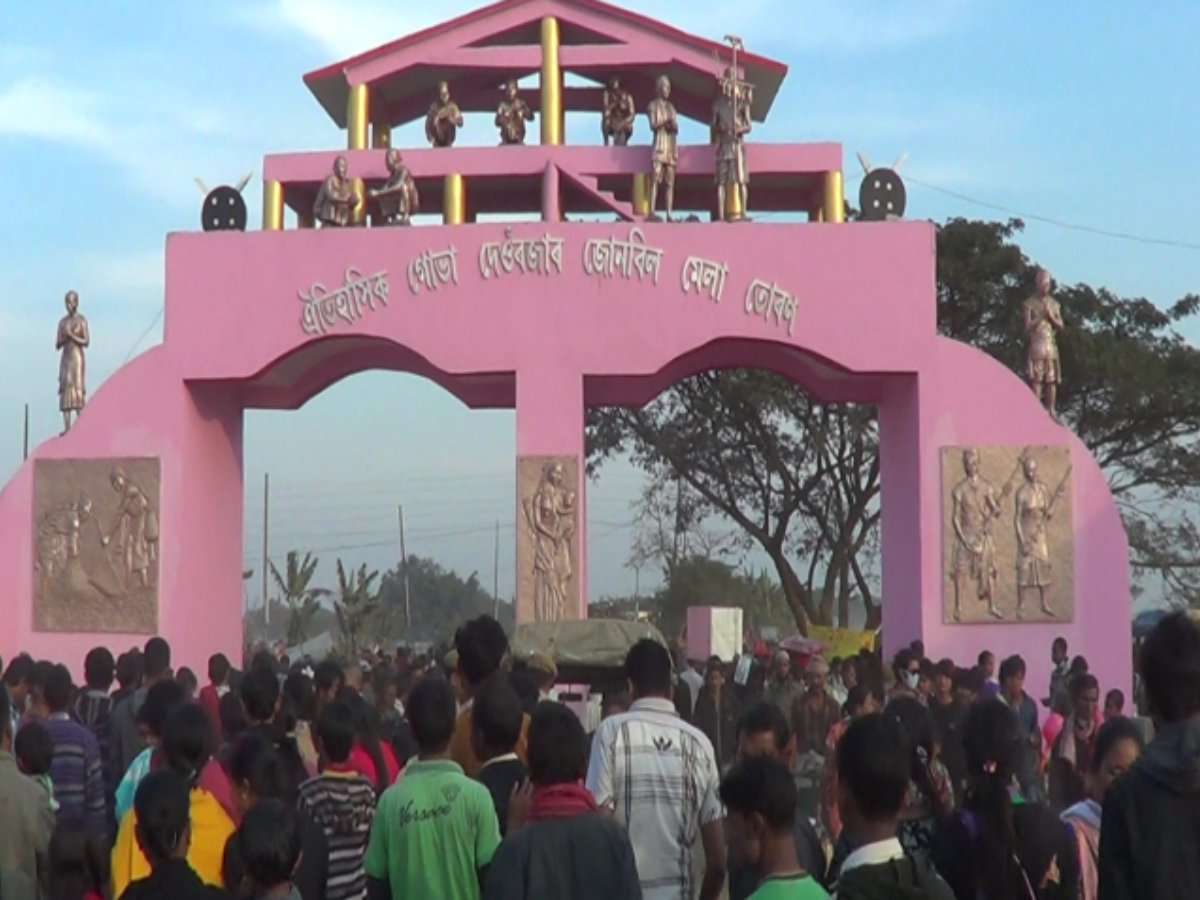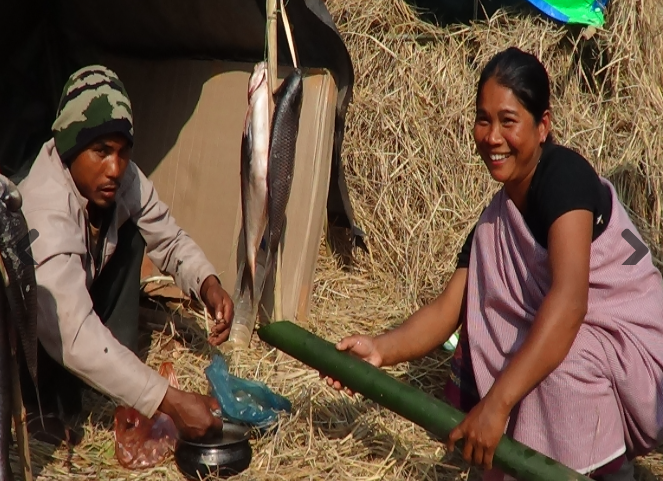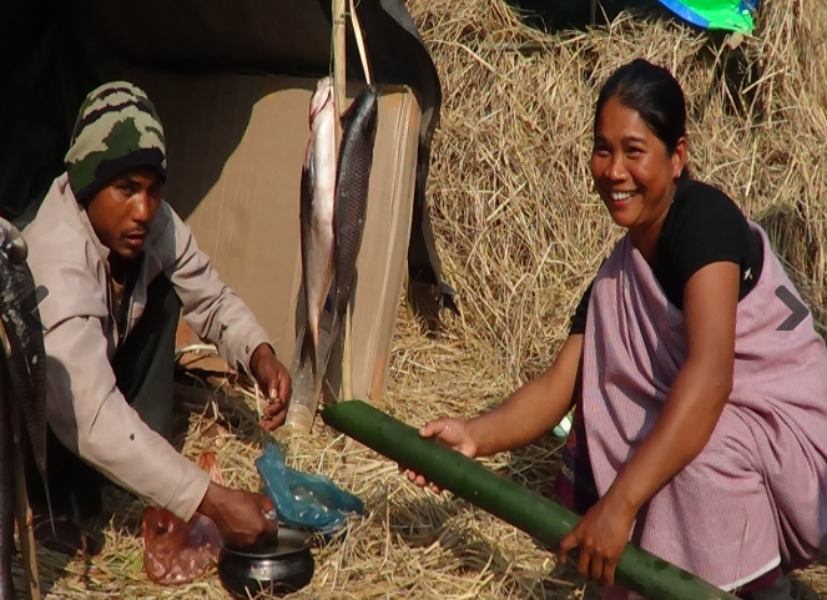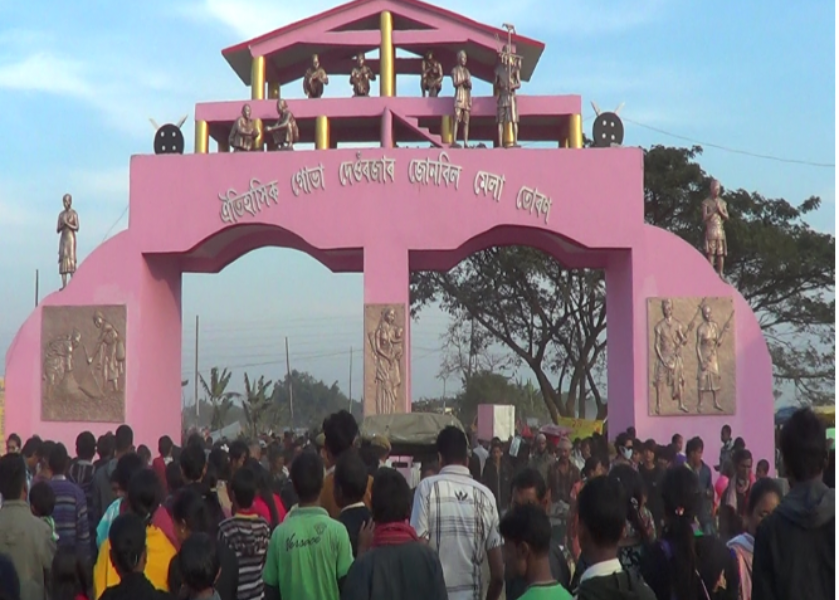State
Tribe Name
Art Type
short description
The Jonbeel Mela is a centuries-old traditional fair held annually in Assam, India, renowned for preserving the ancient barter system. Taking place during Magh Bihu in mid-January, the three-day event unfolds near Jagiroad in Morigaon District, approximately 32 kilometers from Guwahati. Initiated in the 15th century by the Ahom kings, notably Swargadeo Rudra Singha, the fair was designed to foster political discussions and unity among various tribes. Its name derives from 'Jon' (moon) and 'Beel' (wetland), referencing the crescent-shaped water body adjacent to the fairground.
Thumbnail

Filter Postion
Left
Filter Background
Off
Theme
Filter Header Image

content
Image

description
The Jonbeel Mela is a centuries-old traditional fair held annually in Assam, India, renowned for preserving the ancient barter system. Taking place during Magh Bihu in mid-January, the three-day event unfolds near Jagiroad in Morigaon District, approximately 32 kilometers from Guwahati. Initiated in the 15th century by the Ahom kings, notably Swargadeo Rudra Singha, the fair was designed to foster political discussions and unity among various tribes. Its name derives from 'Jon' (moon) and 'Beel' (wetland), referencing the crescent-shaped water body adjacent to the fairground.
Image Mode
landscape
Image

description
The mela serves as a vibrant platform where hill tribes such as the Tiwa, Karbi, Khasi, and Garo descend from neighboring regions to exchange goods with the plains people, all without monetary transactions. Hill communities typically bring forest products, herbs, spices, and fruits, bartering them for rice, fish, vegetables, and traditional Assamese sweets from the plains.
Image Mode
landscape
Image

description
Beyond trade, the Jonbeel Mela embodies a spirit of harmony and brotherhood among diverse communities. The fair commences with an 'Agni Puja' (fire worship) to pray for the well-being of mankind. Additionally, the 'Govaraja' or king of the Tiwa tribe, accompanied by his courtiers, visits the mela to collect symbolic taxes from his subjects, reinforcing traditional governance structures. This unique confluence of cultural exchange, traditional governance, and communal harmony underscores the mela's significance in Assam's rich cultural tapestry.
Image Mode
landscape
promoted
On
Verified
Off
